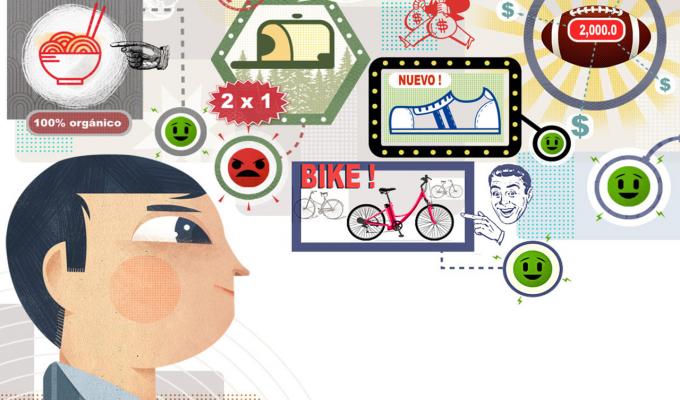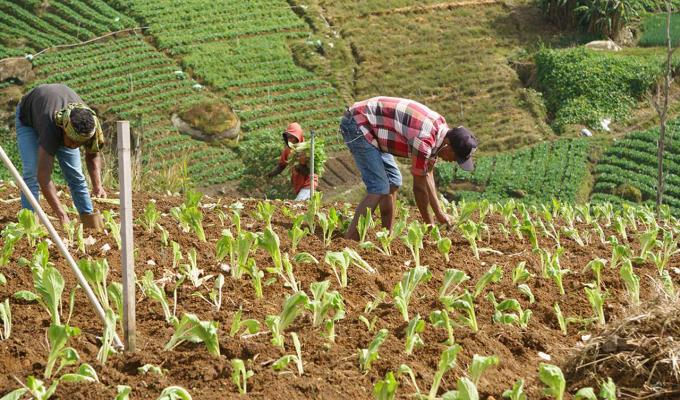Since 1940, the Union of Indigenous Communities of the Isthmus Region (UCIRI, in Spanish), made up of small, isolated farmers from the Tehuantepec Isthmus region (state of Oaxaca), had worked in government programs that promoted the coffee industry. However, it was not until they created a formal cooperative association in 1983 that UCIRI started to gain salience as a stakeholder of government agencies and fair-trade organizations.
The stakeholders’ evolution from “silence” to salience is the object of study in the paper “From Silent to Salient Stakeholders: A Study of Coffee Cooperative and the Dynamic of Social Relationships,” coauthored with Dr. Christiane Molina, a research professor at the Tecnológico de Monterrey, State of Mexico Campus. The article delves into how interactions and relationships are developed between organizations and stakeholders, especially when the stakeholders come from communities on the periphery of society and economic activity.
By analyzing data on the UCIRI’s past evolution, we found that the unequal, hierarchal, bureaucratic relationship between government agencies and coffee farmers was less effective for understanding and tending to their demands, including better living conditions. As “silent” individuals, small farmers were invisible in the stakeholder network, but when part of a formal group, they took their first steps toward “salience.”
However, it was thanks to mediation by the Dutchman Francisco VanderHoff Boersma, who had a strong moral commitment to the development of the communities in the region, that UCIRI began to develop links with fair-trade organizations and to move toward this market niche in the 1980s. This collaboration allowed the cooperative to export to Europe and the United States and to work with large distributors.
Thus the importance of individual mediators and a moral commitment when building a strong, lasting relationship that allows the demands of marginalized stakeholders to be satisfied. A less bureaucratic, hierarchal relationship—based on a moral commitment to stakeholders—benefits long-term understanding and stability of the relations between stakeholders and the organization.
Besides gaining “salience” within the coffee industry, the UCIRI members were empowered and earned recognition from authorities, becoming an important actor in the promotion of fair trade in Mexico.




